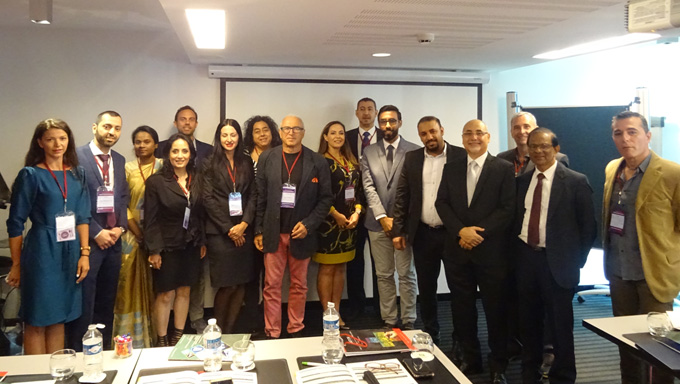
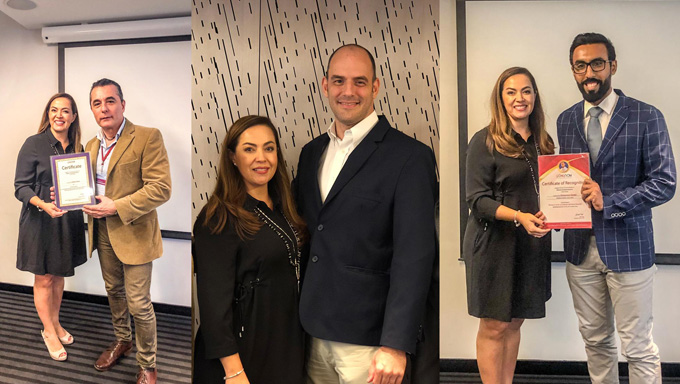
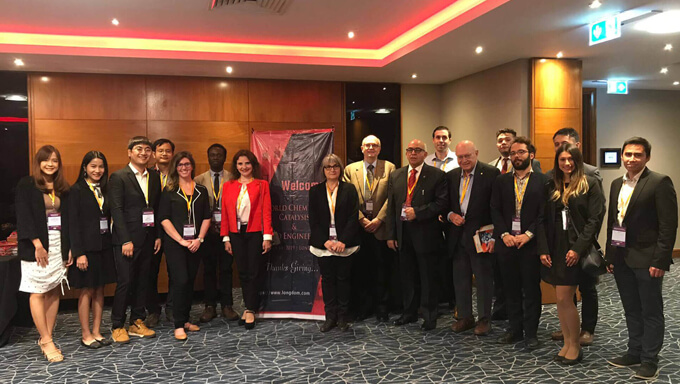
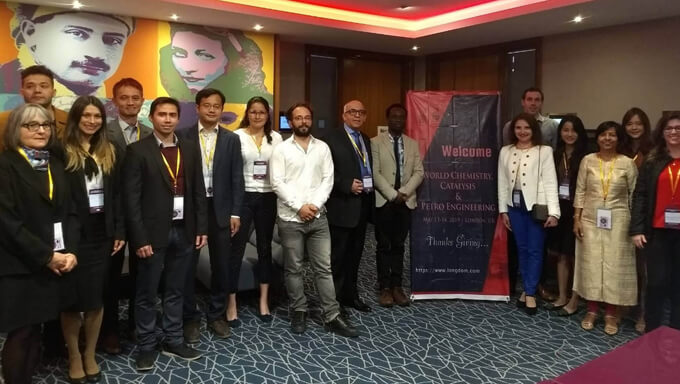
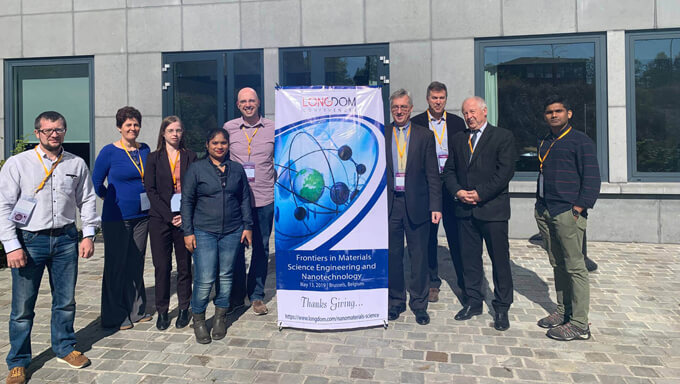


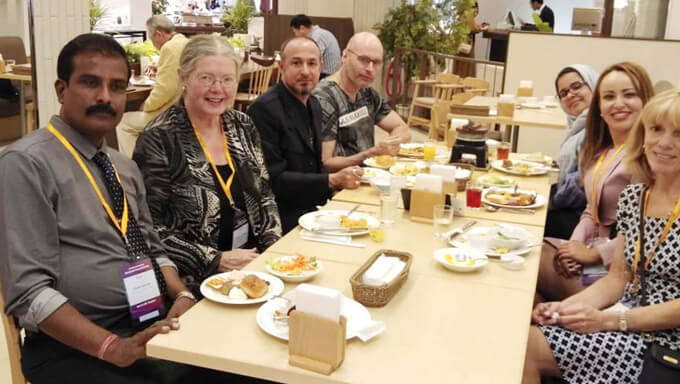
Food science is the study of the physical, biological, and chemical makeup of food and the concepts underlying food processing. Food science is the applied science devoted to the study of food. The Institute of Food Technologists defines food science as "the discipline in which the engineering, biological, and physical sciences are used to study the nature of foods, the causes of deterioration, the principles underlying food processing, and the improvement of foods for the consuming public. Nutrition is the science that interprets the interaction of nutrients and other substances in food in relation to maintenance, growth, reproduction, health and disease of an organism. It includes food intake, absorption, assimilation, biosynthesis, catabolism, and excretion.
The food you consume on a daily basis is the result of extensive food research, a systematic investigation into a variety of foods’ properties and compositions. After the initial stages of research and development comes the mass production of food products using principles of food technology. All of these interrelated fields contribute to the food industry. Food science draws from many disciplines such as biology, chemical engineering, and biochemistry in an attempt to better understand food processes and ultimately improve food products for the general public. As the stewards of the field, food scientists study the physical, microbiological, and chemical makeup of food. By applying their findings, they are responsible for developing the safe, nutritious foods and innovative packaging that line supermarket shelves everywhere.
Public health research deals with all aspects of public health including community medicine, public health, Epidemiology, occupational health, environmental hazards, clinical research, and public health laws and covers all medical specialties concerned with research and development for the masses.
Probiotics are live microorganisms that are highly beneficial to our human body. Probiotics act as a balance between harmful & useful microorganisms. Probiotics should be used as a dietary supplement and not as a medication. Prebiotics can stimulate the growth or activity of useful microorganisms in the body. Both Probiotics & Prebiotics are intermediates between food & drugs.
Food microbiology is the study of the microorganisms that inhibit, create, or contaminate food, including the study of microorganisms causing food spoilage, pathogens that may cause disease especially if food is improperly cooked or stored, those used to produce fermented foods such as cheese, yogurt, bread, beer, and wine, and those with other useful roles such as producing probiotics. To ensure safety of food products, microbiological tests such as testing for pathogens and spoilage organisms are required. This way the risk of contamination under normal use conditions can be examined and food poisoning outbreaks can be prevented. Testing of food products and ingredients is important along the whole supply chain as possible flaws of products can occur at every stage of production
Food safety refers to routines in the preparation, handling and storage of food meant to prevent foodborne illness and injury. Safe food handling practices and procedures are thus implemented at every stage of the food production life cycle in order to curb these risks and prevent harm to consumers.
Food poisoning is a major root of gastroenteritis, resulting in a well-known set of unpleasant symptoms. It is also called food-borne illness which is caused by eating contaminated food. Infectious organisms containing bacteria, viruses, and parasites or their toxins are the most common causes of food poisoning. Toxicology is a major role in the development of regulations and other occupational health policies. Many government programs use the results of toxicology studies to lead regulation of chemicals and other toxic substances. It will be concerning the health hazards and risks involved with the use, production, and disposal of such agents as pesticides, drugs, cosmetics, foods, and household goods.
Food packaging is well defined as enclosing food for protecting it from infringing or contamination from physical, chemical, and biological sources, also active packaging will be the most common packaging system used for preserving food products. There is a vast transformation of packaging the food products in technology usage and application from a Stone Age revolution. Use or reuse eliminates or delays entry to the waste stream in potential packaging.
Every human body needs to insulin the levels of glucose or sugar to regulate blood pressure in the body’s cells. The body cannot process glucose which comes from carbohydrates without insulin. Junk foods are usually unhealthy foods, they increase fat, calories and sugar also decrease fiber, vitamins, and minerals in every person’s body.
Food analysis and quality control have many aspects. Different food analysis methods are conferred, that is physicochemical, phytochemical, and packaging methods. Instrumental methods are also considered and different types of quality control methods are also discussed to mention the quality of the food products. Food analysis and quality control processes are necessary for all types of food industry.
Nutritional knowledge is a important step to developing strategist to improve the food choices of college students and promote healthy lifestyle behaviours. Therefore, the purpose of this study was to determine the current nutritional knowledge. Advances in food and nutrition ahead to rising consumer demands and the various issues that arise as a result of insufficient or inadequate food and nutrition intake. There are several studies being conducted in food engineering techniques that bind genetically modified food and food imprinting in 3D
We let our ground-breaking work and our amazing clients speak for us…… LONGDOM conferences